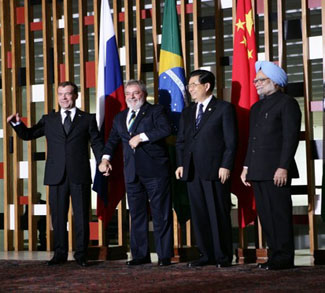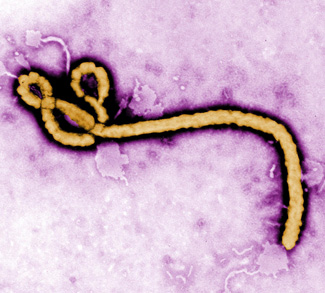The Olympics are a highly anticipated event that reels in even those who typically don’t watch sports. This year is especially notable as it is the first time a South American country has hosted the Olympics. But what should be an exciting and historic year for the games is turning into a complete disaster. There are so many worrisome factors surrounding the games in Rio that are very troublesome given the fact that the games are to start in less than one month. Crime has always been a problem in Brazil, but recently crime has begun to rise even higher in the eve of the Olympic games. While it has been stated that double the security of the London games will be patrolling the streets Rio de Janeiro, security forces have been protesting due to lack of funds to actually pay them. This comes as no surprise as the governor of Rio recently declared a state of financial and public calamity. And though the safety of people traveling to Brazil is important, there is an even bigger concern for the safety of the world with the outbreak of the Zika virus.
Zika Virus Crisis
The Zika virus is the latest serious disease outbreak to strike, and the outbreak seemingly started in Brazil. Though the virus has slowly been spreading throughout the Americas, it is mainly concentrated in Brazil. With arguably the largest global event taking place in Rio, and athletes and spectators traveling from around the world to participate, they could very well be bringing the worst possible souvenir home with them. While people infected with Zika typically suffer mild symptoms that generally last about a week (if they display any symptoms at all), it has been linked to more serious conditions such as Guillain-Barré Syndrome and acute disseminated encephalomyelitis (ADEM), though these are rare and not yet fully confirmed. The most serious condition connected to Zika is Microcephaly, a severe birth defect affecting the babies of women who were infected with Zika while pregnant. This birth defect can be debilitating or even fatal to babies born with it, and its connection to Zika is too strong to ignore.
The transmission of Zika is mostly attributed to mosquitoes, but it can also be transmitted through sexual contact. Because it is much more likely that a man can spread it to a partner, men are advised to abstain from sex, or correctly use a condom for up to six months after contracting the virus, as the virus has been found to live in sperm for much longer than in blood. This is especially significant for men whose partners are pregnant. It is advised that women who have contracted the virus abstain from trying to conceive for at least two months, as to avoid possible birth defects. Women currently pregnant are warned not to travel to areas affected by Zika, and to avoid having sex with men who have traveled to those areas for the entire duration of their pregnancy.
A Lack of Action despite Global Concern
Knowing the serious side effects and easy transmission of the Zika virus, it is astonishing that Olympic officials have done nothing to come up with an alternative, like holding the Olympics at a different time or place. The World Health Organization declared Zika a global health emergency back in January of 2016, giving plenty of time to find a solution that keeps Olympic attendees, and the world, safe, while taking into account the financial crisis in Rio. One such idea could have been using the facilities of a previous Summer Olympics host and using the proceeds to reimburse Rio the money they invested into building facilities. Whether or not that idea is feasible, the fact is that no action was taken to find a plan B for the Olympics, despite real concerns of a global epidemic.
Many athletes concerned about Zika have chosen to sit out this years Olympics, rather than risk their health and the health of their families. Though some countries are taking extra precautions to keep their athletes safe during the Olympics, the same safety measures will not be provided for the spectators traveling to the event. Despite the optimism of Rio Olympic organizers, ticket sales are far behind the ticket sales of the previous games in London, proving that many are deciding to skip the Olympics this year. Tourism is down overall in Brazil, and the Olympic games aren’t doing much to remedy that.
With the threat of rapid spreading of the Zika virus because of the Olympics, and overall safety concerns in Brazil, it is negligent to allow the Olympics to continue there. Because it’s too late to remedy the situation now, the CDC has created a page to help tourists protect themselves for those traveling to Rio this August. Take every precaution you can and stay safe, though the safest option is to abstain from traveling there completely.
The opinions, beliefs, and viewpoints expressed by the authors are theirs alone and don’t reflect any official position of Geopoliticalmonitor.com.




